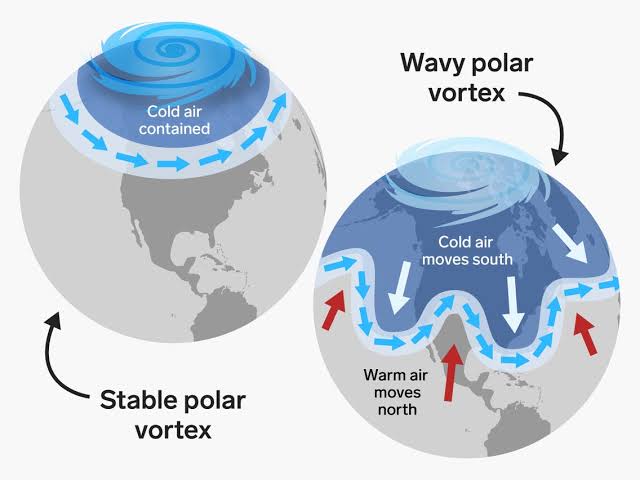Pakistan may record 2.7 million cases of Malaria in 32 districts by January 2023: WHO
Dr Mahipala said that WHO fears that the cases of malaria could reach 2 million in December and further increase to 2.7 million by the end of January.

The World Health Organisation (WHO) has said that Pakistan might record 2.7 million cases of malaria by January 2023. Calling for additional efforts, the WHO urged the international community to “do a lot more” for the people of Pakistan. Cholera, dengue and measles outbreaks might also be witnessed in Pakistan, ANI cited Geo News report. The warning has been issued by WHO as floods in Pakistan have affected 33 million people and killed nearly 1700 residents as per the United Nations statistics.
WHO’s representative in Pakistan Dr Palitha Mahipala has said that “the second disaster in the shape of outbreaks of water and vector-borne diseases” has started in flood-impacted regions of Pakistan. He stressed that the agency is expecting 2.7 mn cases of malaria in 32 districts of Pakistan by January 2023. Mahipala said that 32 districts of Sindh and Balochistan have been “worst affected” due to malaria and claimed that thousands of cases were being reported every day in these regions.
Malaria cases could reach 2.7 million by January 2023: WHO
According to Dr Palitha Mahipala, WHO fears that the cases of malaria could reach 2 million in December and further increase to 2.7 million by the end of January. Highlighting the efforts of WHO to prevent mortality due to malaria, Dr Palitha Mahipala has said that the UN health agency is providing diagnostic kits and anti-malarial medicines worth USD 2.5 million, as per the news report.
In addition, the WHO is also offering technical support to the Pakistan government to tackle malaria outbreaks. He further informed that prophylactic treatment and post-exposure treatments are being arranged for the treatment of malaria patients as taking preventive measures is not possible in flood-impacted regions.
WHO declares Pakistan floods as Grade 3 Emergency
Expressing concern over the situation, Dr Palitha Mahipala said that WHO has declared the Pakistan floods as a Grade 3 emergency which involves all the levels of organisation in relief work. He warned that the winter will pose a major challenge in the flood-affected regions. He stressed that the water and vector-borne diseases and harsh winters will become “extremely lethal” for millions of flood-affected people who are living in Balochistan and Sindh. According to him, WHO has appealed for USD 81.5 million to tackle the disease outbreaks and provide health services to people in Pakistan.
UN increases humanitarian appeal for Pakistan
Meanwhile, the United Nations has increased its humanitarian appeal for Pakistan from USD 160 million (Rs 13,06,07,20,000) to USD 816 million (Rs 66,60,96,72,000). The UN has decided to revise its humanitarian appeal to avert a ‘second wave of death.’ Julien Harneis, the UN Humanitarian Coordinator for Pakistan, said that there will be an increase in child morbidity, disease outbreaks such as malaria, and dengue fever, and increased malnutrition if they do not provide assistance, as per the press release issued by the UN. Julien Harneis said that the government requires assistance for bolstering health, nutrition, water and sanitation services in flood-affected regions of Pakistan.



